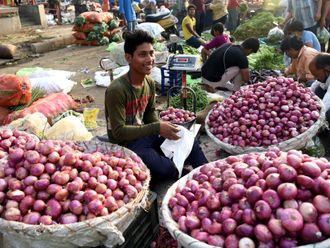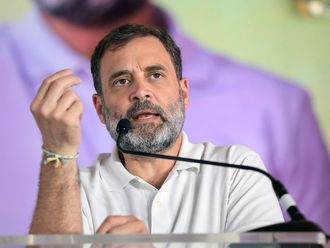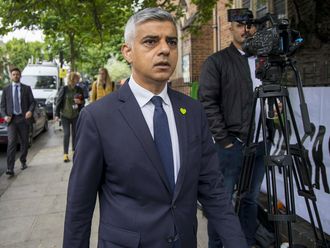New Delhi: Present-day student politics has changed from being a movement to being momentary. The political parties’ realisation of the benefits of catching those young has led to a murky turn in college politics.
The involvement of ‘outsiders’ has resulted in bloodshed across the universities in the country. Many academicians and politicians believe it thus makes sense to keep education and politics separate.
“Politics is a vice-like drug addiction and, therefore, should be banned in universities. It is sad that educational institutes have become advertisers for a certain brand of politics within the campus and influence students through meetings and campaigns,” says SP Chauhan, former professor of history, at Delhi University.
Ruling that students unions have no place at all in academic campuses, a Division Bench of the Kerala High Court in 2006 had banned all forms of campus politics in the state. The Bench had observed that collective bargaining, strikes and dharnas were no part of the academic domain.
“The political equations and conspiracies at the central and state level have adversely affected student activism which has led to a wane in campus politics. Recognising this, some of the best educational institutions of the country like the Indian Institute of Technology (IITs) and Indian Institute of Management (IIMs) have gone ahead and banned politicisation of student unions. But major parties like Congress, Bharatiya Janata Party (BJP) and Communist Party of India (CPI) continue to use student unions to establish their stronghold over campuses across the country,” Nationalist Congress Party (NCP) leader DP Tripathi told Gulf News.
Almost every month brings to the fore a fresh incident involving clashes between rival groups of students on issues as varied as a film on Muzaffarnagar riots, a meeting on the hanging of terrorist Yakub Memon and a speech by some individual with very definite views.
“Students should keep themselves out of this dirty game of politics. They should think of entering into politics only after completing their desired qualifications,” says Anupam Nair, a history student from Venkateshwara College of Delhi University.
However, former Member of Parliament (MP) from Communist Party of India (Marxist) P Rajeev stresses the importance of politics in education, stating that it comes with strings attached.
“Nobody in this country can really isolate education from politics. However, what is required is that politicians should be unbiased and more vigilant to ensure equity and access to education. The failure to do this has been reflected in the suicide of Dalit student Rohith Vemula in the campus of Hyderabad University,” Rajeev told Gulf News.
V Sreedhara, professor of social sciences at Manipal University, says the belief that a ban on campus politics would solve the problems of universities is just an illusion.
“Organised student movements in peaceful and disciplined manner deserve to be passionately encouraged for inculcating democratic credentials among the youth,” Sreedhara told Gulf News.












